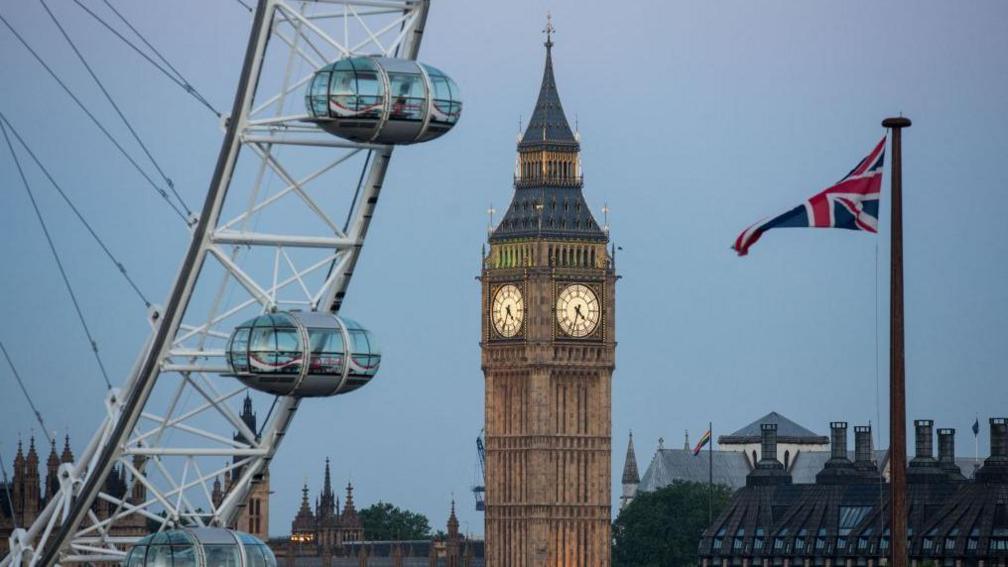Five political parties you might not have heard of
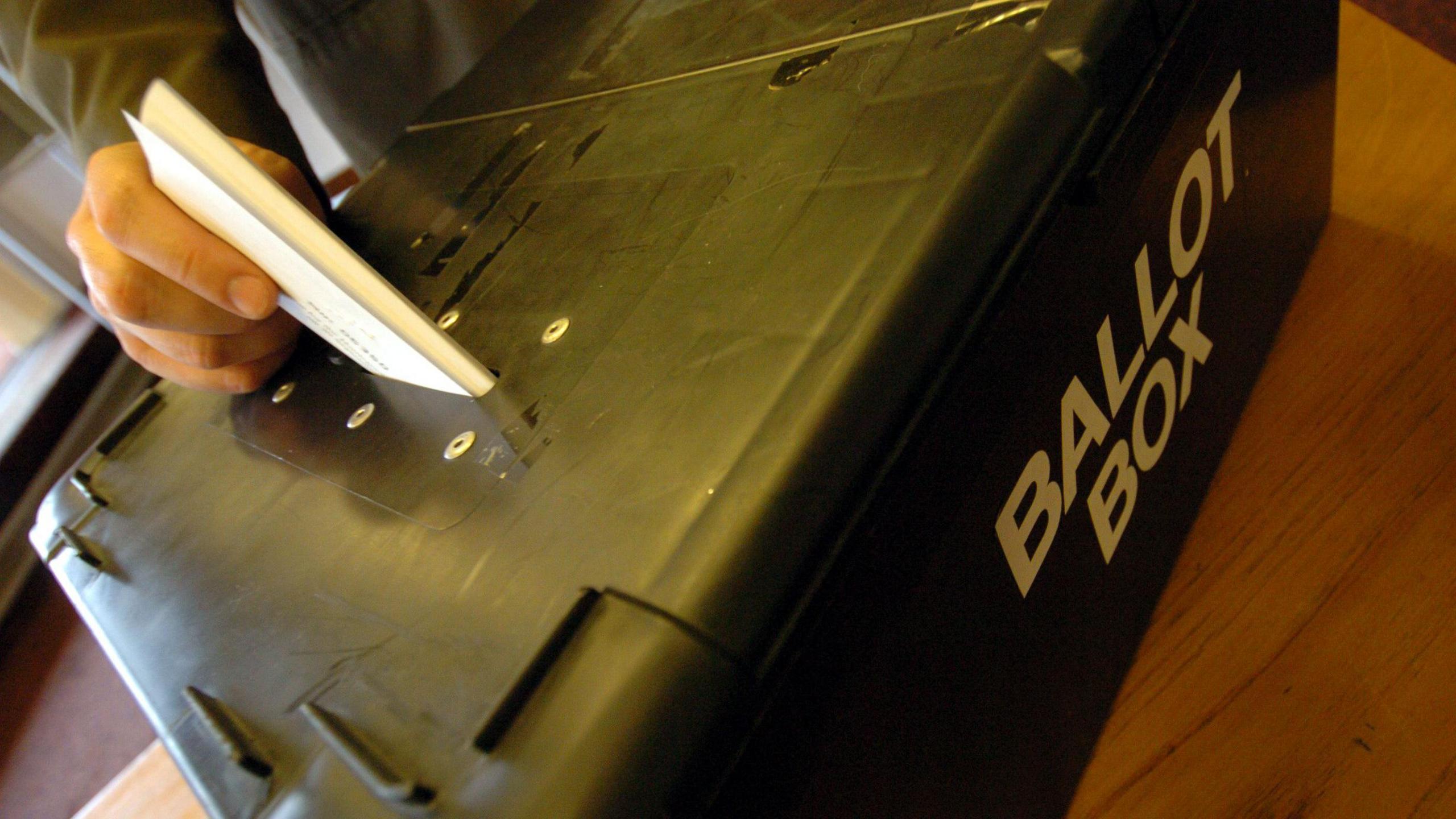
More than 20 parties are fielding candidates in the south of England
- Published
During this election campaign when we have been looking at the big issues, we have mainly asked the five main political parties - the Conservatives, Greens, Labour, Liberal Democrats and Reform - for their responses.
But did you know there are many more smaller parties also fielding candidates in this election?
In constituencies across the BBC South region, at least 16 other parties are standing candidates. But who are they and what do they believe in?
We have spoken to people representing the five minor parties fielding the greatest number of candidates in the south.
Social Democratic Party (SDP)
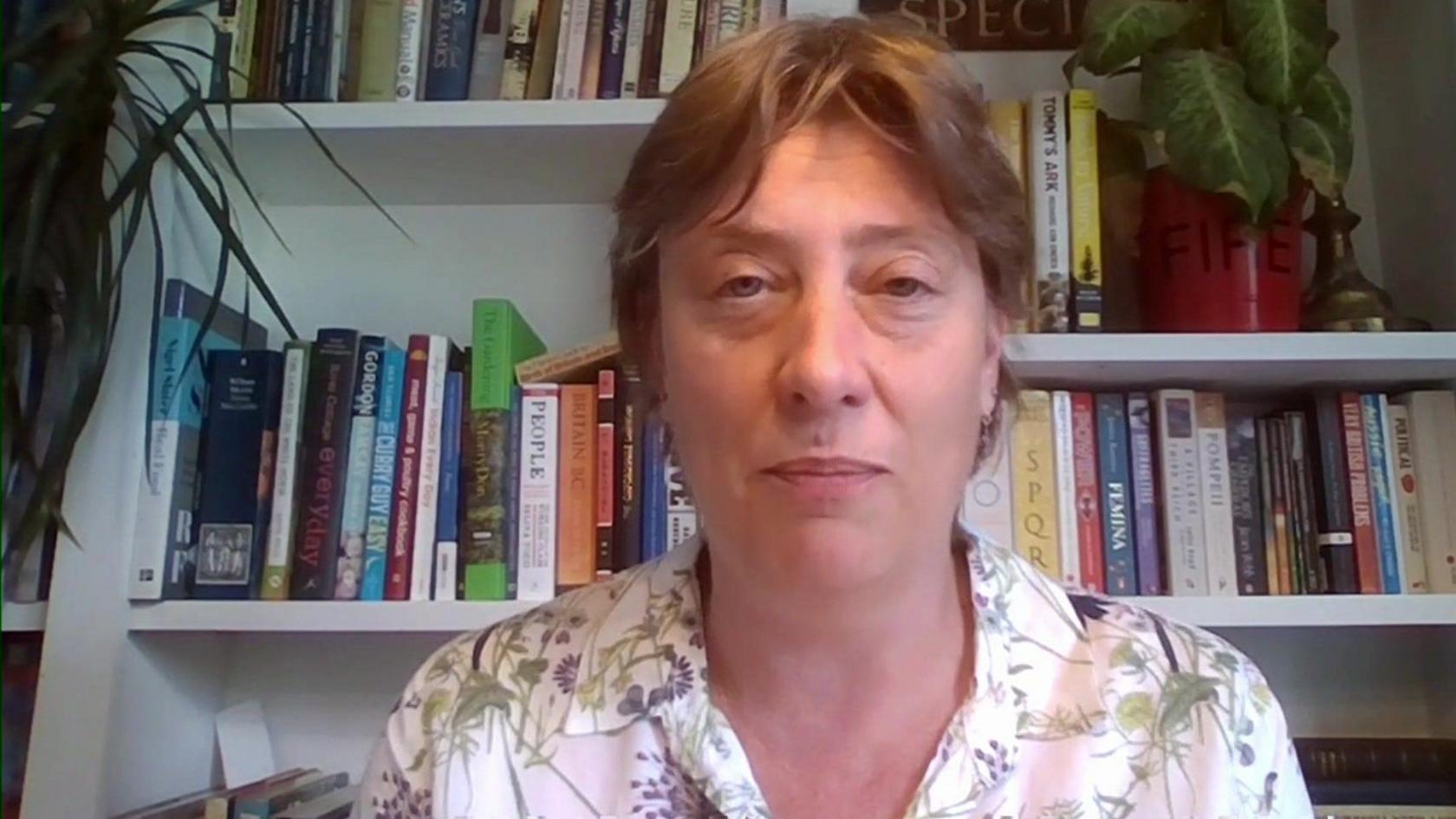
Anni Byard is standing in Oxford West and Abingdon
The SDP has 122 candidates standing across the country with 16 of those in Oxfordshire, Berkshire, Hampshire and Dorset.
Anni Byard, SDP candidate for Oxford West and Abingdon, said: "We’re filling a gap left by all the parties really, we're economically left-leaning, but we're culturally traditional.
"We believe in the family as the bedrock of society - families make communities, and communities make a nation - so our main policies are to support families."
The SDP manifesto, which the party says is costed, includes policies such as a tax-sharing allowance for people raising children so families would not pay tax until the household income is £25,000, and plans to build 100,000 social homes a year so young families can get on the housing ladder.
The Workers Party

Jennifer Nadia Alemanno is the Workers Party candidate in Havant
The Workers Party has more than 150 candidates standing across the country with five in constituencies in Berkshire, Oxfordshire and Hampshire.
The candidate for Havant, Jennifer Nadia Alemanno, said: "We're on the left, we're a true socialist party. We stand for redistribution of wealth.
"When you lift others up, all of society benefits, and we want to benefit everyone in society, not just the few.
"We want to give the power back to the people, to choose our own lives and futures."
The Workers Party has a 10-point programme calling for an end to wars and withdrawal from Nato, and a plan to rebuild British industry - putting people before profits.
The Heritage Party

David Kurten is the leader of the Heritage Party
The Heritage Party is standing 41 candidates, with four of them in Hampshire, Berkshire and Oxfordshire.
Leader David Kurten, who is standing in Bognor Regis and Littlehampton, describes it as "a socially conservative party".
He said: "We support free speech, we support traditional family values, we want low immigration, we need to control our borders, financial responsibility - not spending lots of money - and we’re against the whole net-zero agenda."
The Heritage Party manifesto pledges to "reverse the cultural destruction wreaked by politically correct ideologies and to return to our true traditions and heritage".
Trade Unionist and Socialist Coalition (TUSC)
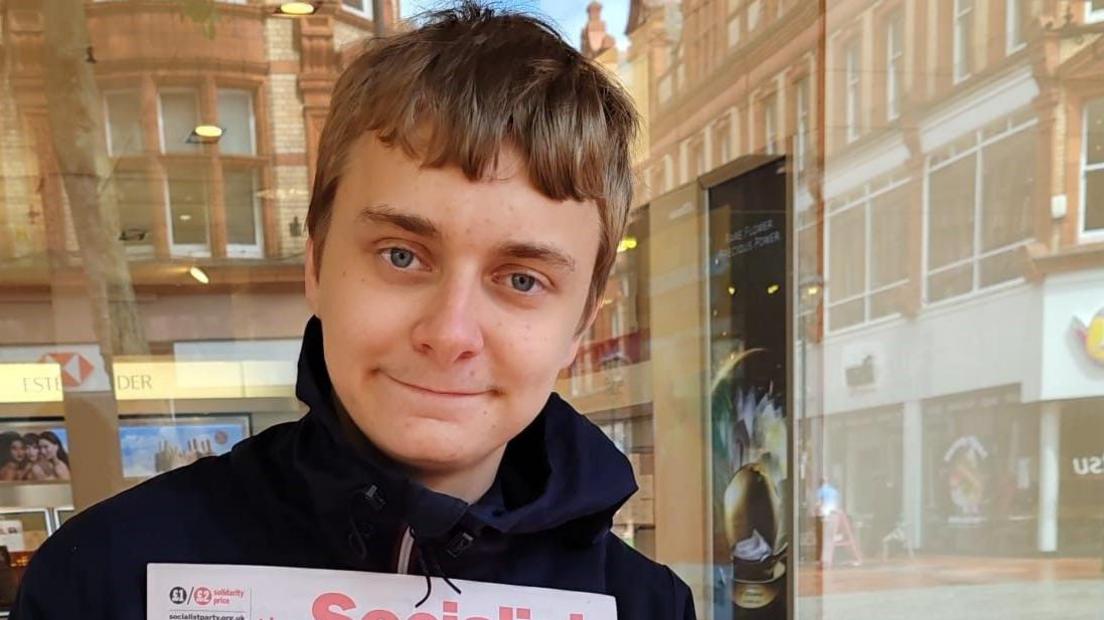
Adam Gillman represents the TUSC in Reading Central
The Trade Unionist and Socialist Coalition (TUSC) has 40 candidates nationwide and four in the BBC South region, including possibly the youngest candidate standing in the whole election, 18-year-old student Adam Gillman in the constituency of Reading Central.
"The core policies are against cuts to public services, against privatisation of public services and against the war in Gaza as well. It was formed as an alternative to Labour who are cutting public services and aren’t the party of working people any more."
There is not a manifesto - instead there are individual candidates from socialist, trade union or community campaigning backgrounds, able to promote their own issues alongside the core policies.
Hampshire Independents
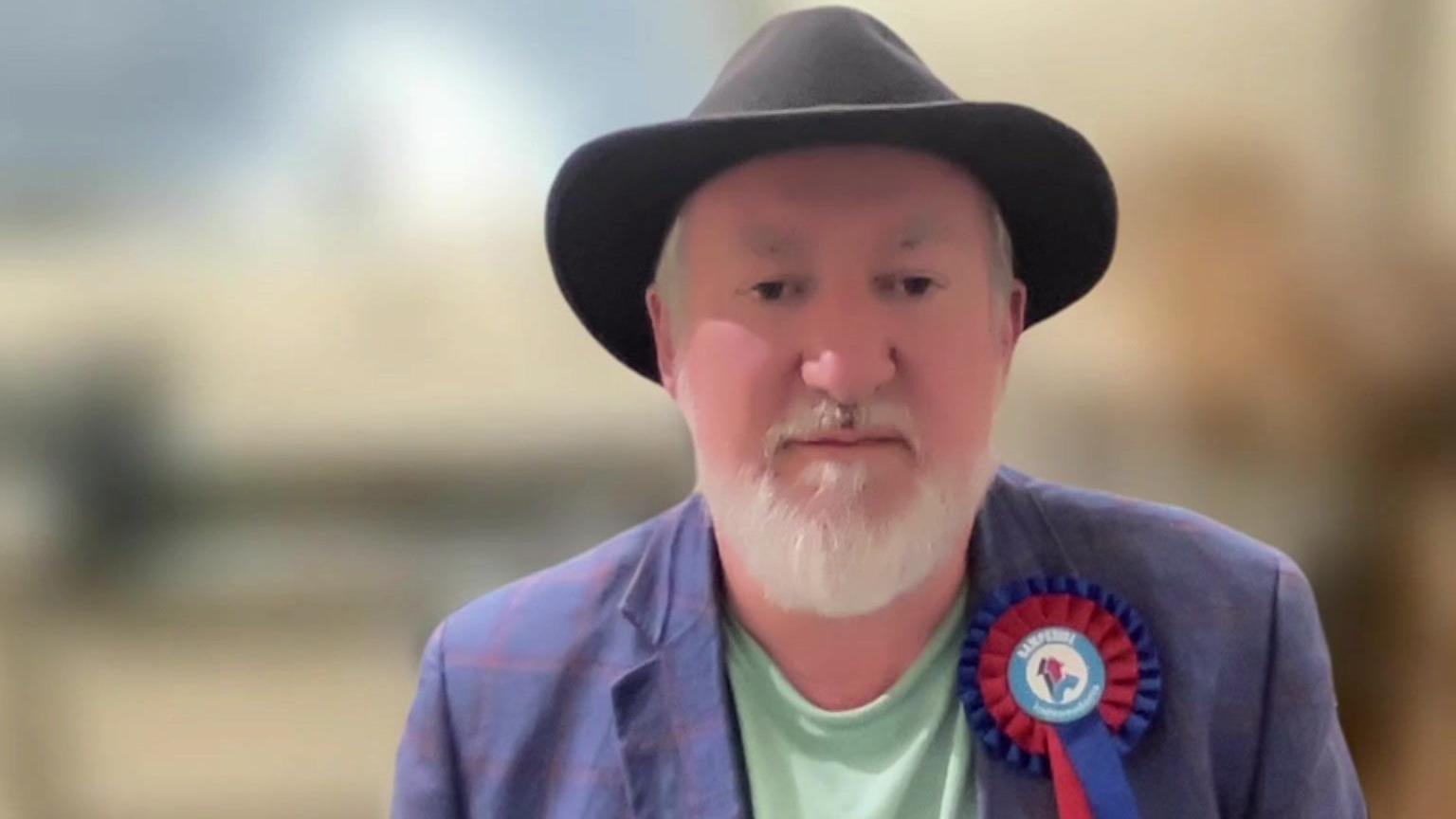
Alan Stone is standing in Basingstoke on behalf of the Hampshire Independents
As its name suggest, Hampshire Independents is based in Hampshire, where it is putting up 10 candidates.
Leader Alan Stone, who is a candidate in Basingstoke, said: "We stand primarily for localism. All of our candidates come from all swathes of the political spectrum.
"Every one of us thinks that Hampshire is a cracking place to live but could be improved.
"We could bring better work to the area, we could bring better quality waterways, we could bring better housing.
"There are all sorts of things we could do better if we concentrate primarily on the areas where we live."
The party does not have any policies, saying: "Our candidates stand for our constituents, we don’t have one policy for everyone."
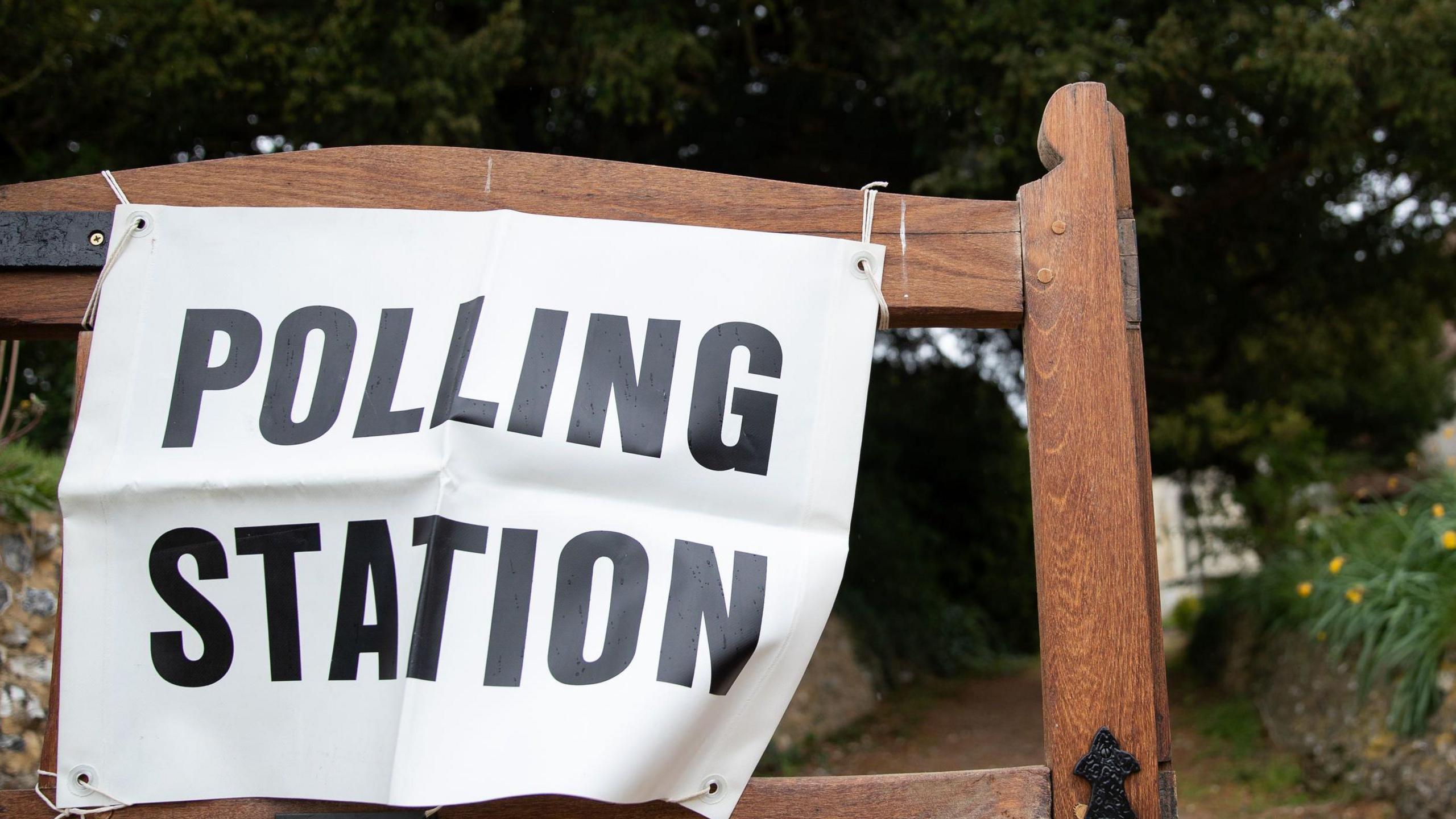
The Climate Party, Animal Welfare Party and Peace Party are also fielding candidates
Along with these five parties there are many more standing one, two or three candidates in the south.
Some of the names are self explanatory - Climate Party, Animal Welfare Party, Peace Party - and the Official Monster Raving Loony Party, which seeks to liven up "dull elections".
In addition, there are independent candidates - individuals standing for election but not aligned with any political party.
Although there is a lot of choice, there is very little prospect of any of these other parties or independent candidates winning.

Dr Kiwi Tang says small parties can have a potentially profound impact in politics
Dr Kiwi Ting, a lecturer in comparative politics at the University of Reading, said: "If you look at the main parties, in their history at some point they used to be small parties.
"Think Green or UKIP in the '90s - they are losing their deposits, they are not really having much chance of winning any seats at all, but now they are an important part of our democratic life and an important part of political conversation.
"Even if the party is not winning seats, even if they’re not getting a lot of votes, they can still have a potentially profound impact in politics.
"The example is UKIP. They win only one seat in 2015 but they have a huge impact politically because the fact that the Tories were challenged by UKIP forced the Tories to promise to have the EU referendum."
Some of these parties have views that could be considered extreme – but Dr Ting says that is part and parcel of politics.
"There are bound to be people in society that are at the extremes and these are potential outlets for those kind of frustrations or protests to the mainstream politics.
"We can have different opinions about these views, but these are an integral part of democracy."
You can find a full list of candidates for your constituency at UK Election 2024 Candidates - BBC News.

What really matters to you in this general election? What is the one issue that will influence your vote? Click the button below to submit your idea, and it could be featured on the BBC.

Follow BBC South on Facebook, external, Twitter, external, or Instagram, external. Send your story ideas to south.newsonline@bbc.co.uk, external.
- Published2 July 2024

- Published2 July 2024
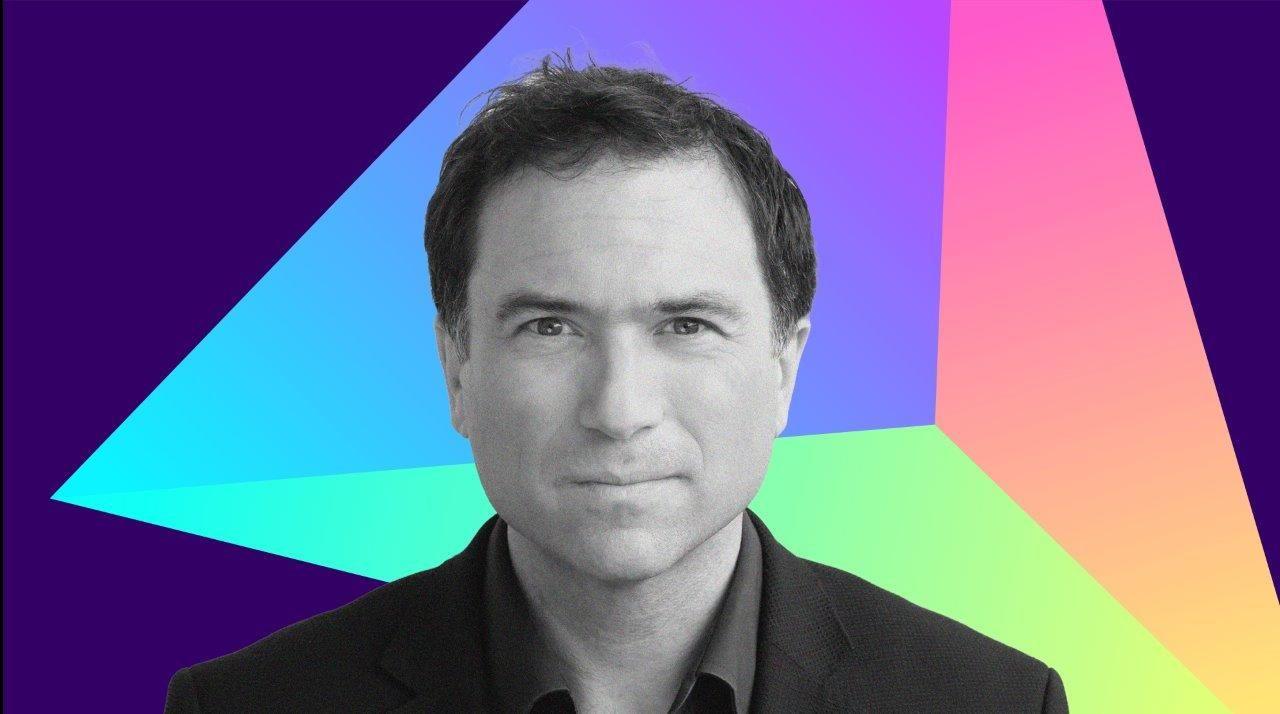
- Published1 July 2024
